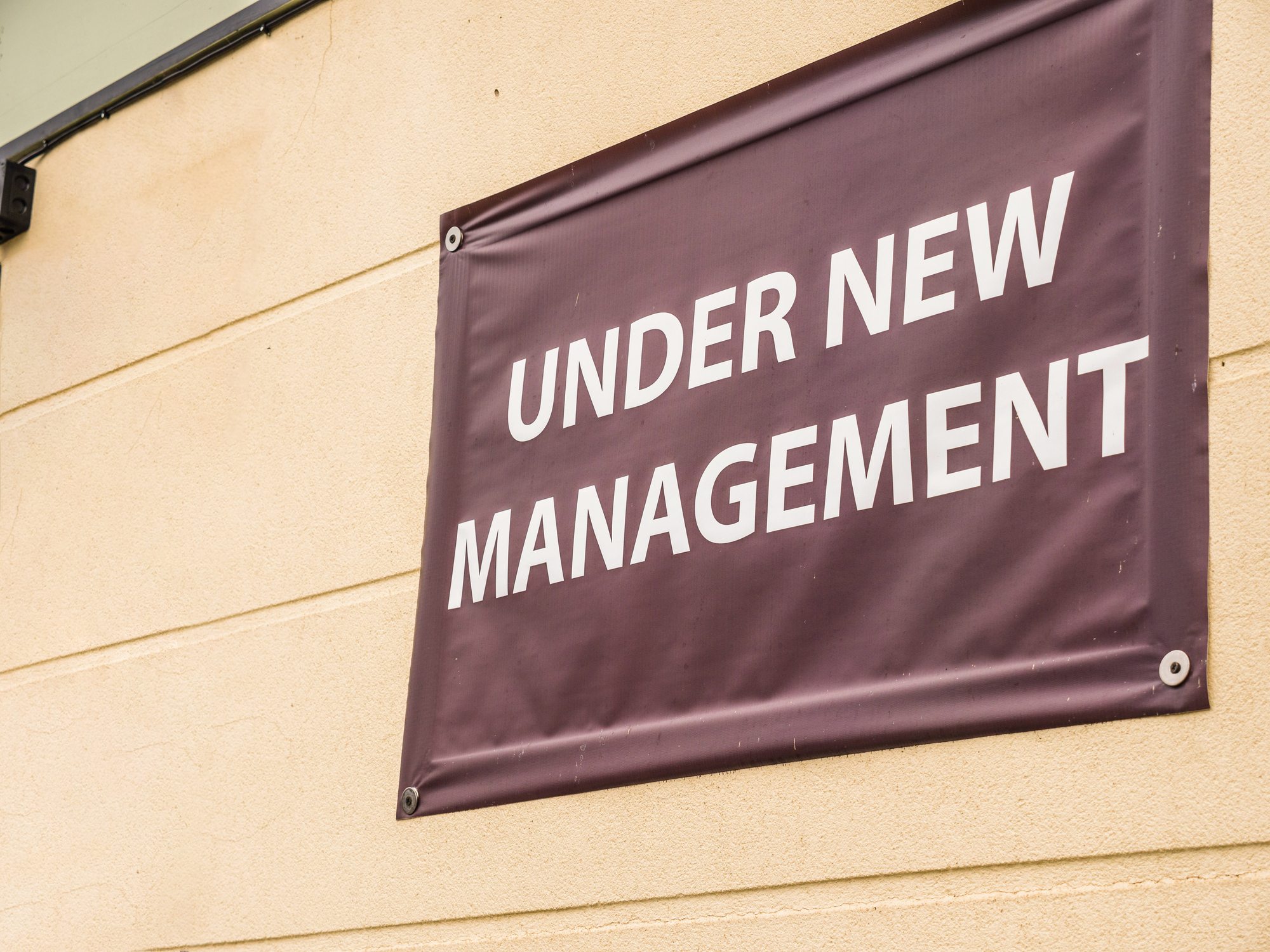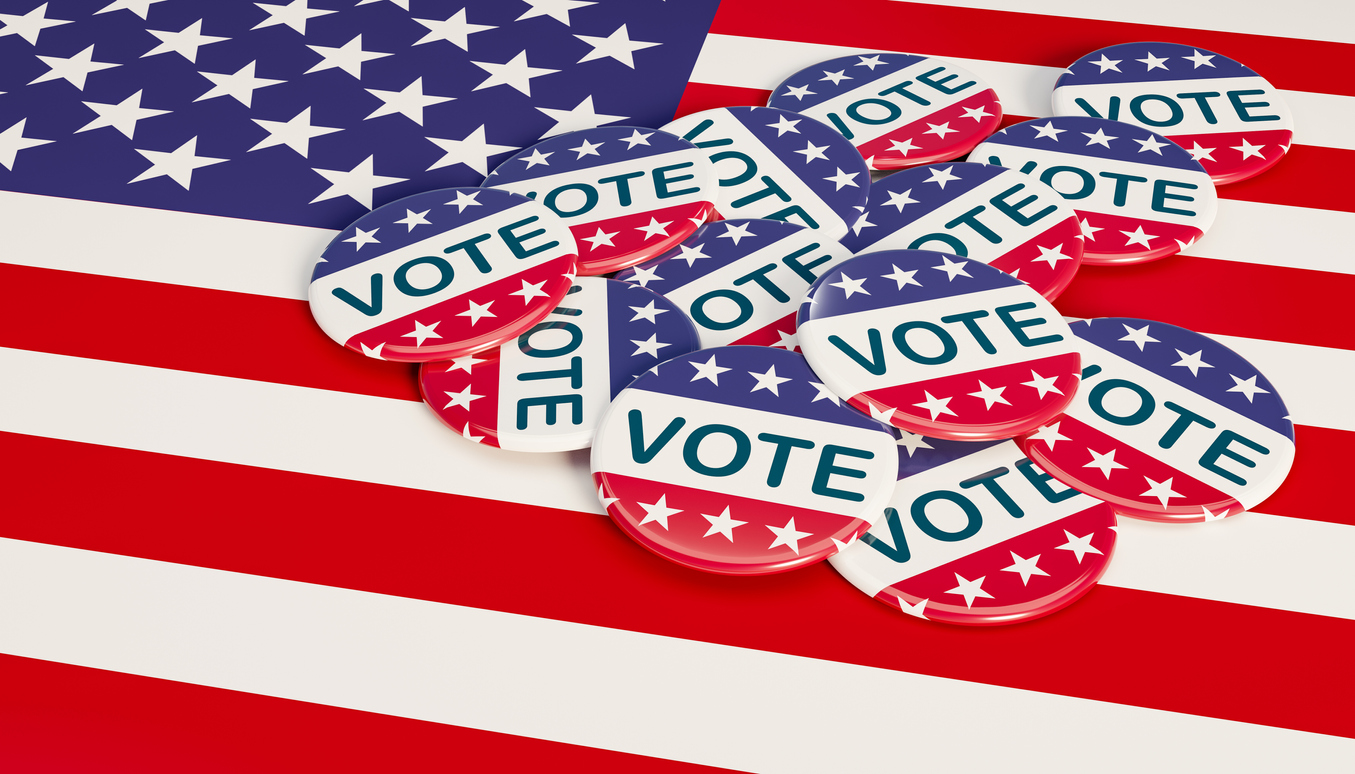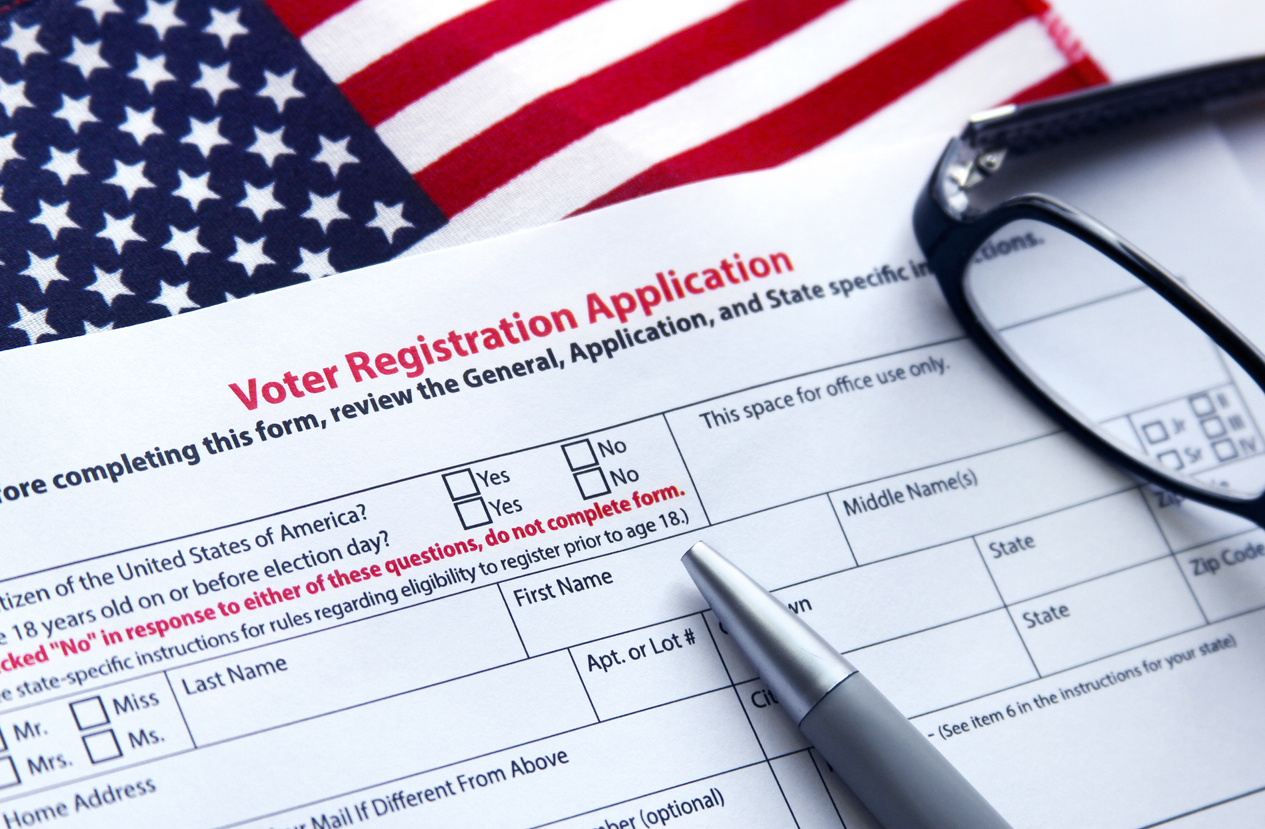In August 2018, Airbnb celebrated ten years since it officially launched to accommodate delegates heading to Denver for the 2008 Democratic National Convention.

For the four nights of the DNC in Denver, Airbnb hosted 80 bookings. Ten years later, Morgan Stanley estimates that the service will generate over 150 million bookings in the US, UK, Germany and France alone – not accounting for the 187 other countries in which they operate. In May 2018, Forbes estimated the value of Airbnb to be somewhere in the neighborhood of $38 billion.
With such a massive disruptor to the traditional hotel industry, it comes as no surprise that governments at all levels are trying to work out how to most effectively regulate Airbnb and its competitors.
In today’s legislative update, we review some of those efforts, including those pending and those that have been successful and unsuccessful to date.
Connecticut
Legislation has been introduced in the Constitution State to regulate and tax the type of short-term rentals facilitated by companies like Airbnb.
House Bill 7177 was introduced at the end of February 2019 and was already subject to a hearing before the General Assembly’s Joint Committee on Insurance and Real Estate on February 27th.
Under this proposal, individuals renting out their property through a service like Airbnb would be required to share with their neighbors information like the names of renters and the length of their stay. Additionally, this legislation would subject these rentals to the state’s 6.5% sales tax, on top of the existing 15% hotel tax. It would also give municipalities the option to add their own tax.
Following the hearing, Committee Co-Chair Rep. Scanlon said that they are seeking to put “some consumer protection standards on the books and today was the beginning of a conversation we are going to have on the committee about finding what a balance between those protections and not stifling a growing service might look like.”
As part of his testimony, Josh Meltzer of Airbnb noted that “As taxes and the cost of living continues to rise, Connecticut should endeavor to support efforts by working and middle class people to supplement their income in a way that benefits the community at large, rather than risking residents’ privacy and effectively steering them away from making a little extra money by sharing their home.”
HB 7177 is not currently scheduled for a vote as of this writing, but it will be one to keep an eye on as the debate progresses.
Georgia
Just this week, the Georgia state House passed legislation aimed at taxing Airbnb and similar services in the Peach State.
House Bill 276 would classify companies, including Lyft, Uber and Airbnb, who “facilitate certain retail sales” the same way they currently classify online retailers.
Under current law, these facilitator companies are not subject to the state’s sales tax that is levied on other internet retailers. Supporters estimate that the new measure will generate nearly $160 million in state and local taxes annually within the next five years.
Also making its way through the Georgia State Legislature is House Bill 523 which seeks to prevent municipalities from banning short-term rentals within their borders.
Maryland
Also getting a hearing last week was a similar bill in the Maryland State Senate. Senate Bill 553 would treat Airbnb bookings similar to other resort and hotel bookings by levying the 6% state sales and use tax.
At the hearing, a number of groups and individuals testified in favor of the legislation, arguing that Airbnb currently has an unfair competitive advantage in the marketplace.
Interestingly enough, in addition to the Maryland League of Municipalities and a number of small-business owners, even a representative from Airbnb testified in favor of the legislation. The company already has a number of agreements in place with municipalities to collect and remit their local taxes, and claim they are happy to do so at the state level as well.
Massachusetts
After a protracted fight in the Bay State, Governor Charlie Baker signed into law a sweeping state-wide regulation of Airbnb and similar services.
The measure is similar to proposals in other states in that it levies the state sales tax of 5.7% on rentals booked through these types of services, and it permits municipalities and local governments to add on their own tax, up to 6% and 6.5% in the City of Boston. These taxes would apply to any property that is rented more than 14 nights in a given year.
What makes the Massachusetts law unique in the nation is that it creates a statewide registry for short-term rental properties. Similar to the tax exemption, properties that are rented fewer than 14 nights per year will not have to register with the state.
Publicly available on the state’s registry will only be the town and street name of the rental and not the specific address. However, local governments may choose to also publish address information.
In his statement on the law, Governor Baker said that his administration “has long supported leveling the playing field for short term rental operators who use their properties as de facto hotels, and I appreciate the Legislature’s work to reach a compromise on this bill that adopts our proposal to avoid placing undue burdens on occasional renters.”
The regulations set forth by this new law take effect July 1, 2019.
Missouri
State Representative Derek Grier is also working to ensure that municipalities in the Show Me State cannot kick Airbnb out of town. His legislation, House Bill 473, would preempt the ability of local governments to ban these types of short-term rentals outright, while maintaining their ability to set specific regulations.
He said that he believes these rentals should be permitted to exist, and that municipalities should “be able to ensure that the impact from those short-term rentals is negligible to neighbors.”
Latest News
Photo credit: iStock.com/yevtony Last week, the National Governors Association (NGA) elected Utah Governor Spencer Cox (R) as its new Chair and Colorado Governor Jared Polis (D) as NGA Vice Chair. Cox succeeds New Jersey Governor [...]
Photo credit: iStock.com/Torsten Asmus Texas voters have already submitted their ballots for the 2022 primary election. More states have their primary elections on the horizon. With the 2022 primary election season nearly upon us, many [...]
Photo credit: iStock.com/triocean DMGS has previously reviewed state government public health measures, as they have imposed and rescinded masking requirements. Now, over two years into the pandemic and after various COVID-related emergency declarations being implemented, [...]
Photo credit: iStock.com/outline205. Automatic voter registration allows eligible individuals to become automatically registered to vote when they interact with certain agencies in the government, such as a state agency overseeing motor vehicles. While most people [...]






Stay In Touch